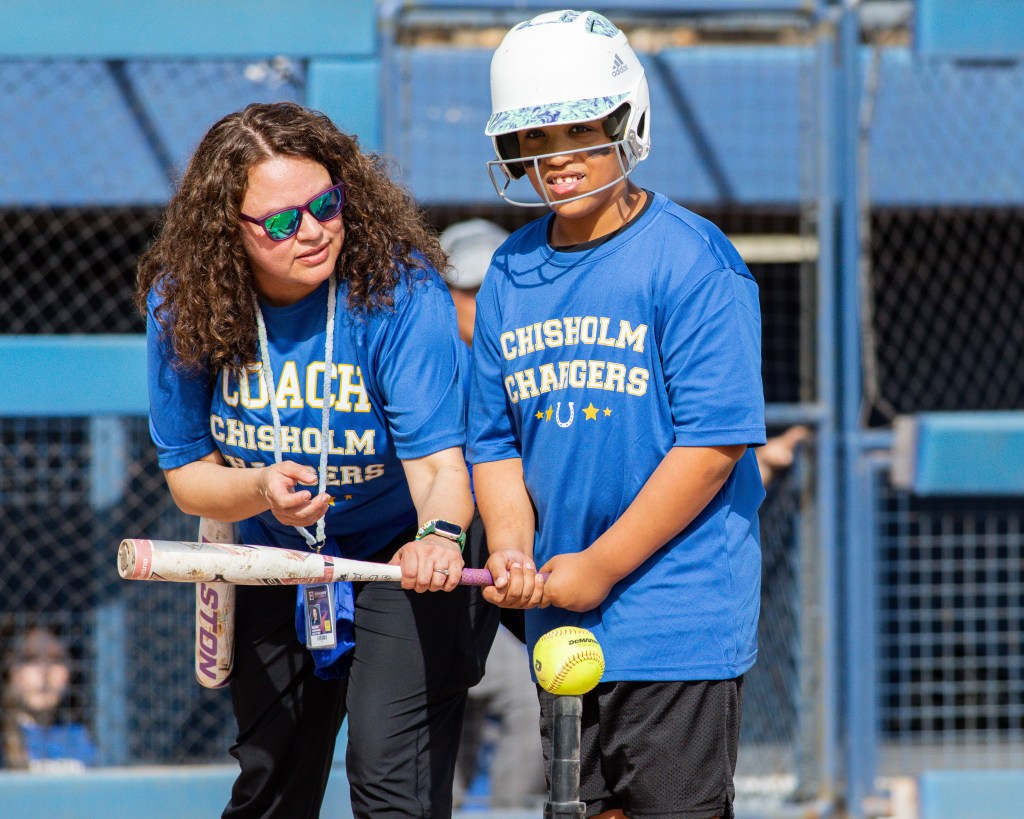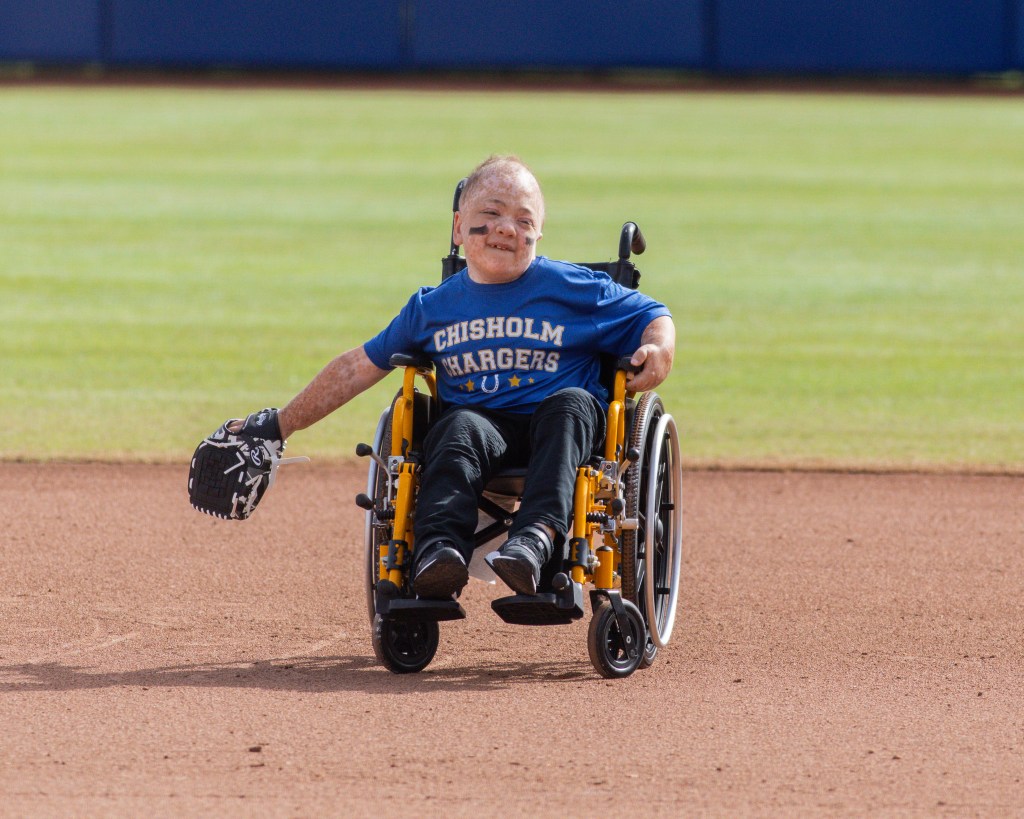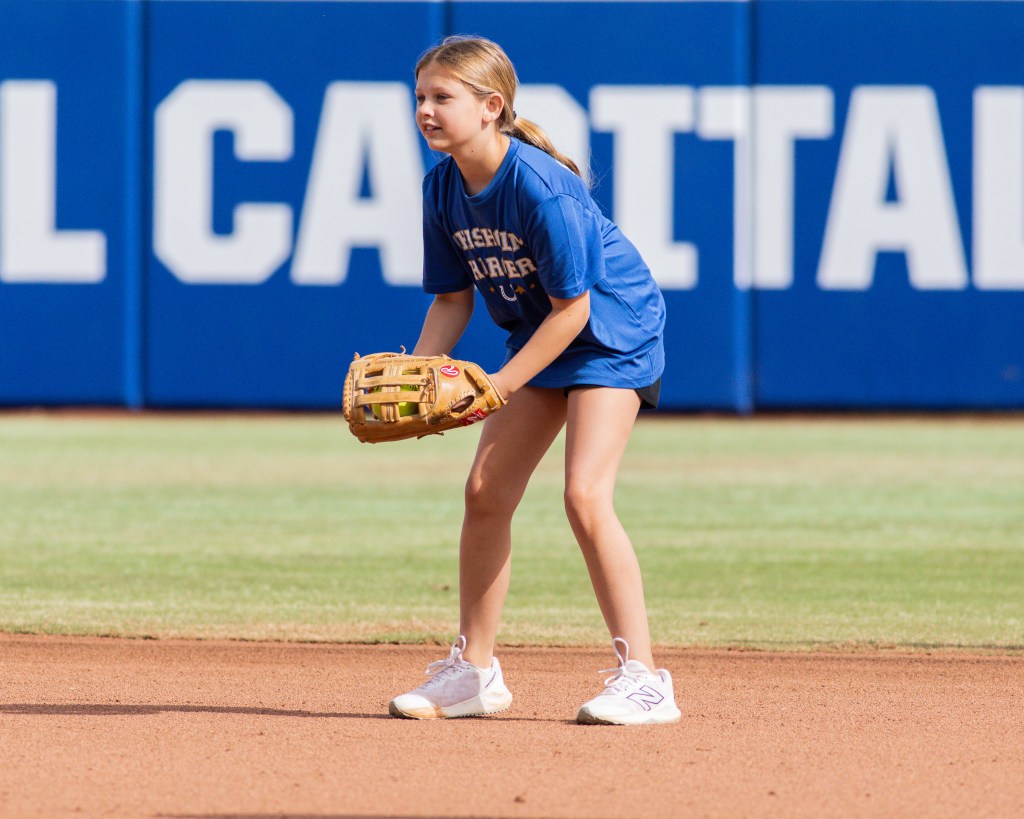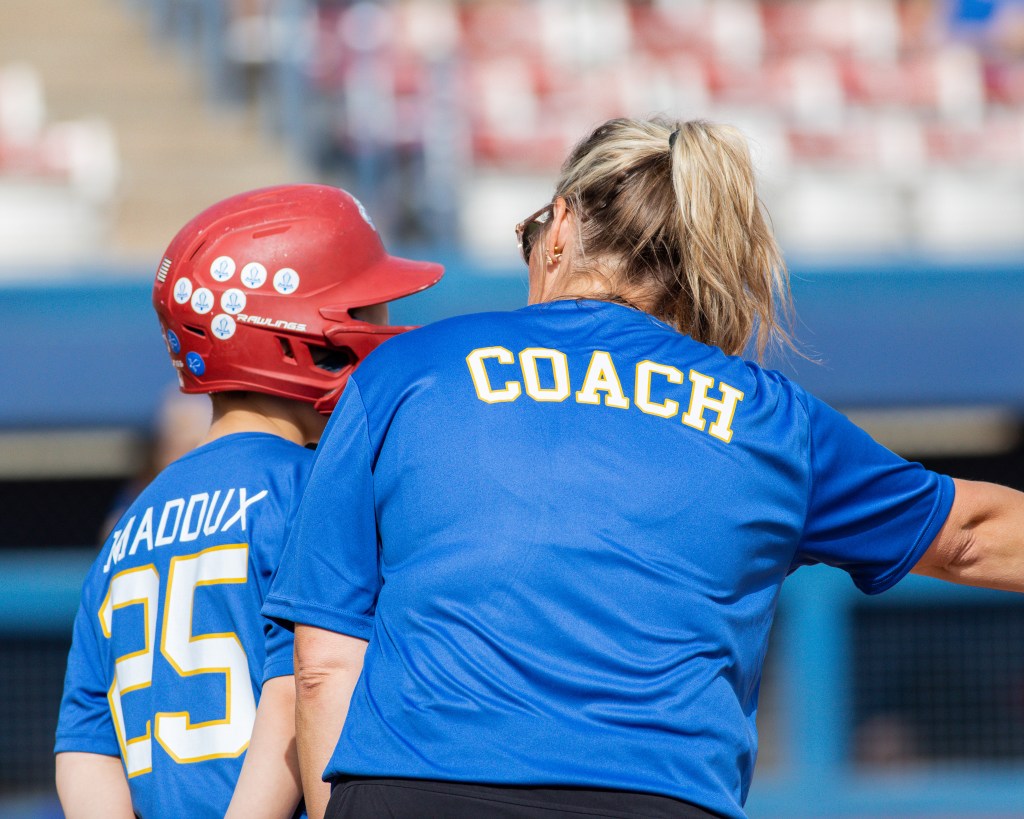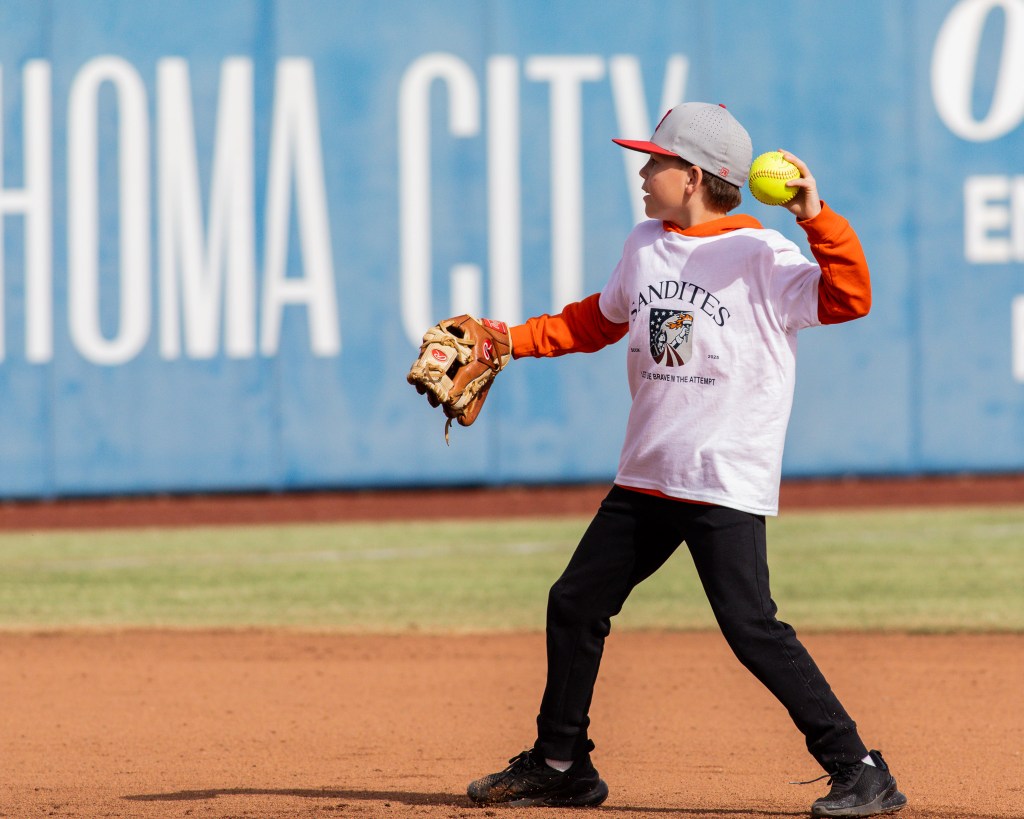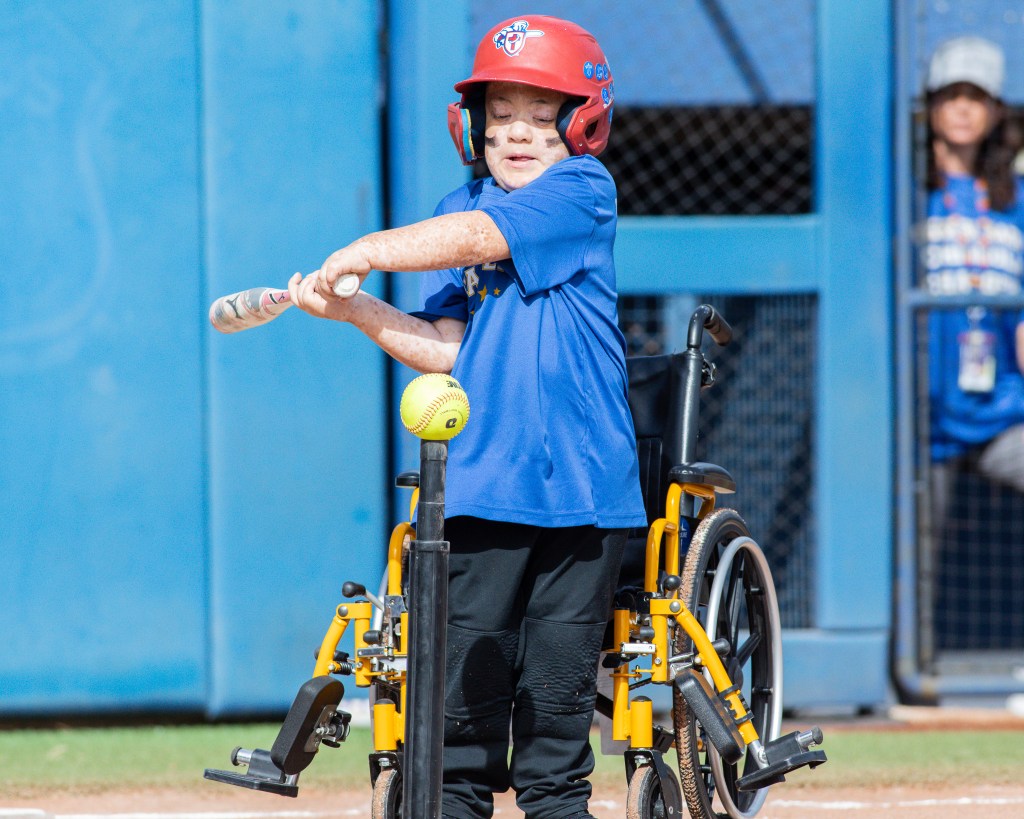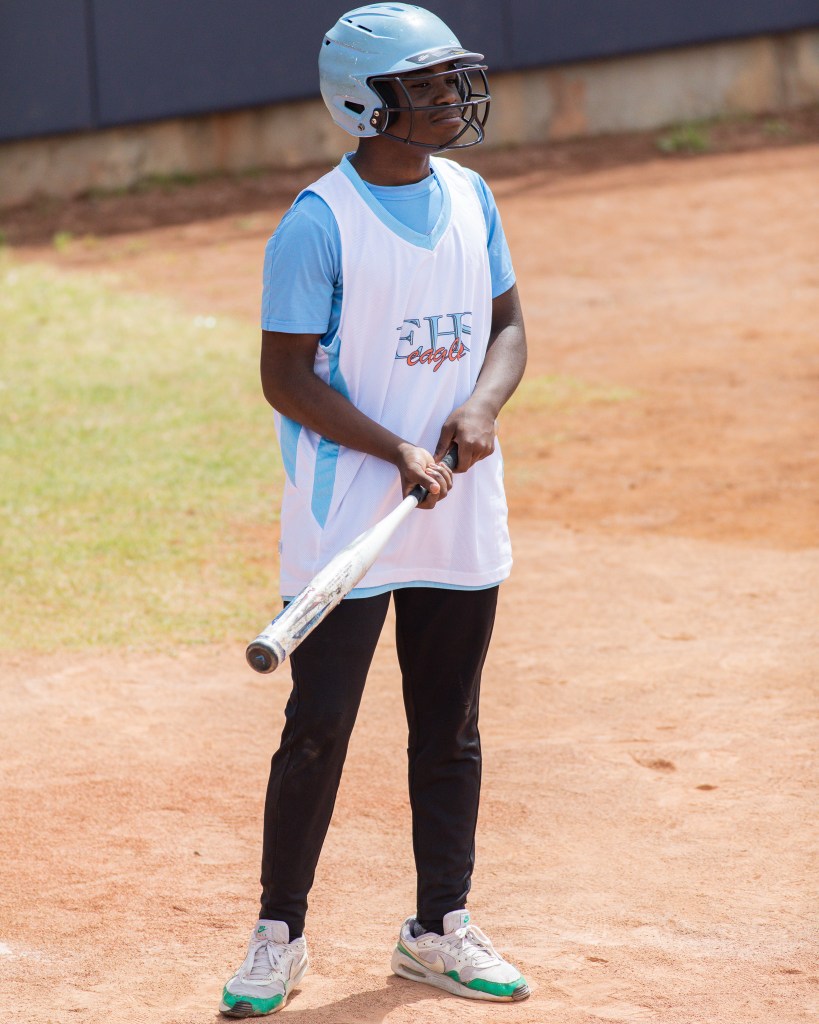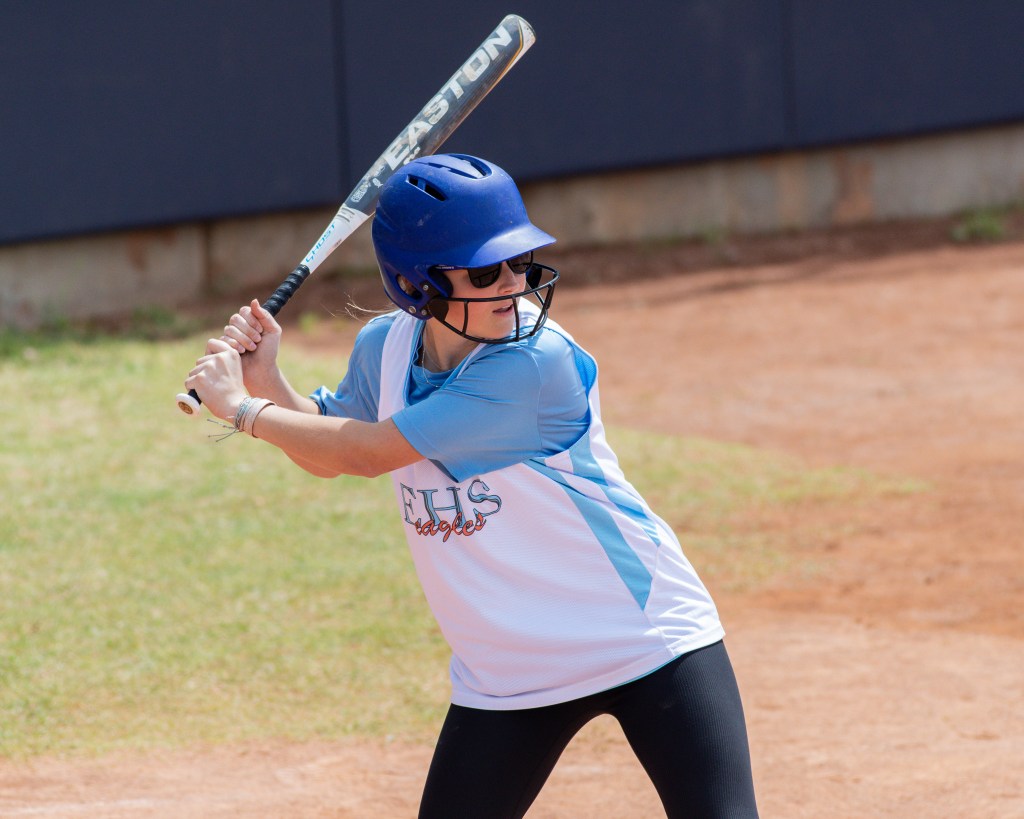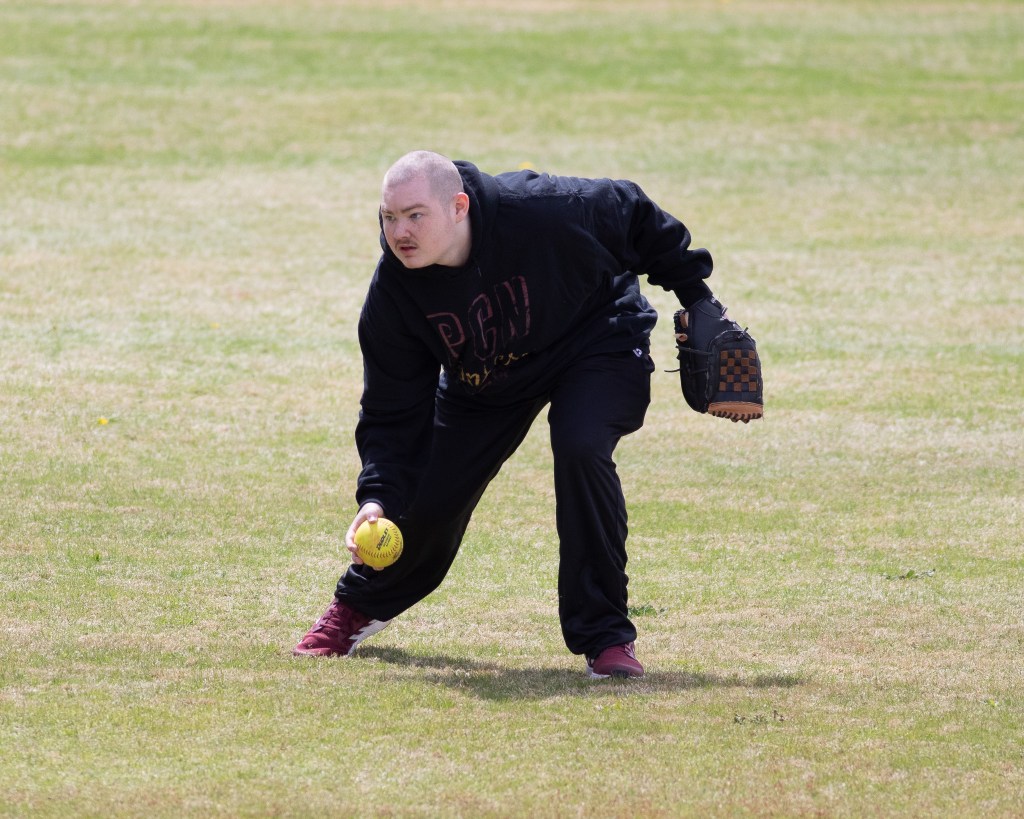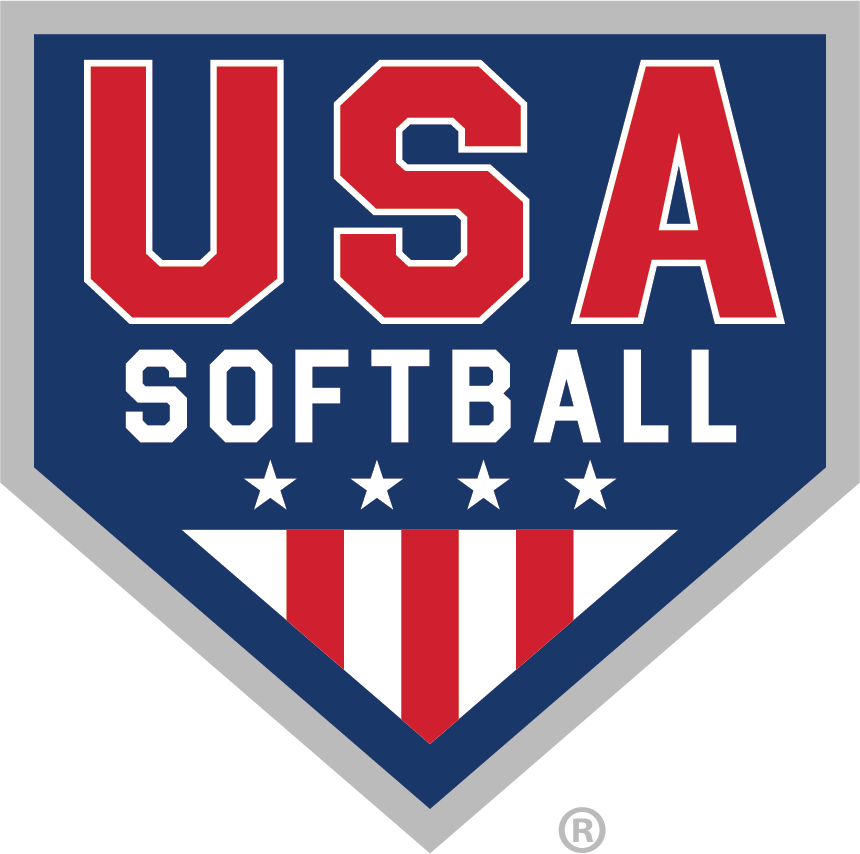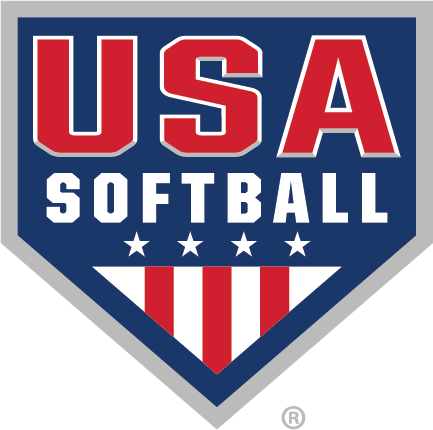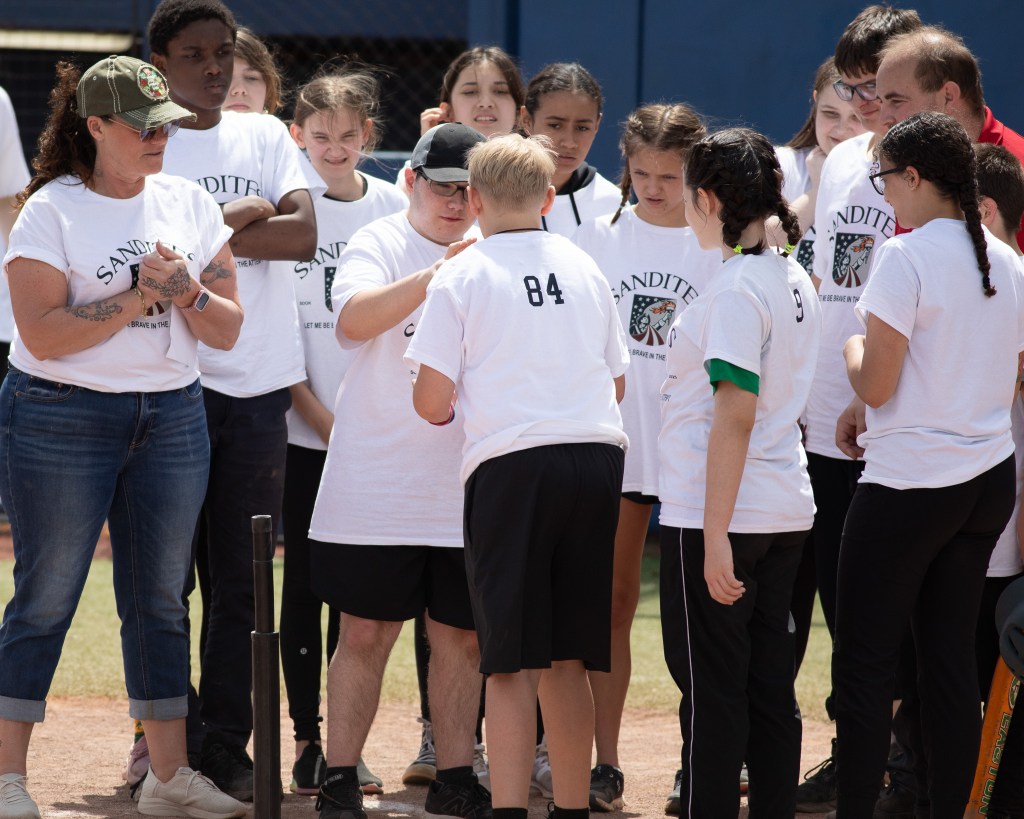
OKLAHOMA CITY — Devon Park and USA Softball hosted the Special Olympics Unified Softball of Oklahoma on Wednesday, where athletes had a chance to showcase their skills at the Softball Capital of the World.
Over 15 teams attended the event with coaches and fans cheering the teams on from the historic sports venue as the athletes got to show off, have fun and celebrate their time with Special Olympics, all while crossing home plate inside Devon Park.
USASoftball.com had the chance to catch up with event coordinator, Matt Dickerson, to chat about the teams, and what the Special Olympics means to him.
Q: How long have you been involved with Special Olympics and what drew you to the organization?
A: This is my second year as the event coordinator. I’ve been involved with softball in Special Olympics for about 15 years. My mother-in-law was a coach for Sand Springs, so when I got married to my wife, I started coming and just volunteering as an umpire and I would stay with their kids. I eventually hung out long enough that when Don Hall retired a couple years ago, they asked me to step in to the lead position.
Q: What specific programs or events does Special Olympics organize throughout the year and what all does it entail?
A: They have a number of events throughout the year, including soccer, basketball, bocce ball, track and field, three-on-three basketball and obviously unified softball. They do these events throughout the year. This is the area tournament at Devon Park, and then they have the state tournament in Stillwater.
Q: Can you describe the core mission of Special Olympics and what it means to you and those that you work closely with?
A: It is a chance to give back to the community. I’ve been in the fire service for 24-plus years, and so it’s just another way to give back. The ability to come here is really cool for these athletes and partners to come and play at such an iconic place at Devon Park and USA Softball, and be able to relate to those teams that they see on TV or in the Women’s College World Series and say, “Hey, I’ve played on that field!” or “Hey, I was a part of that.” So, it’s really cool to be able to help facilitate that experience for these athletes.
Q: How does Special Olympics collaborate with schools, businesses, and other community organizations to expand its reach and impact?
A: They do a healthy athlete program, which entails physicals and different parts of that. We also reach out to schools to get them involved. Specifically for softball, we will do training classes and camps for the coaches to be able to come and understand the rules and how that works for softball.
Q: What are the biggest challenges that Special Olympics faces in fulfilling its mission?
A: Just getting volunteers is a challenge that we face with the busyness of everyone’s schedules. When I first started, we had so many volunteers here and at the state level in Stillwater, and there just doesn’t seem to be as many now. So, I think I just getting those volunteers and letting them experience what this is, because when we have a volunteer come, they usually come back multiple times. If we could just get them here and see the joy that it puts on a kid’s face and be a part of such a cool experience.
Q: How has your perspective on ability, inclusion and community changes since working with special Olympics, and how do you hope to change others’ perspectives?
A: To not take someone at the level of what you see if they do have some sort of medical diagnosis or a physical disability. Everyone has their own story, and we all have different stories. Just being able to look past the superficial stuff, the surface level stuff, and really get to know a person or one of these athletes, has been a really cool experience.
Q: What are your hopes for the future of Special Olympics, and how can the wider community best support that vision?
A: I hope it grows. Pre-COVID time, we had a lot of teams come on. We were always looking for extra fields and different places to play, and that kind of died down, and now we’re starting to build it back up. Just being able to continue to build the involvement of everybody from athletes, partners, students and parents is important. Bringing the parents to the games and our volunteers again and getting them more active and just watch it grow.
Just go tell someone about it, and they tell someone else and just see how it can grow from there.
